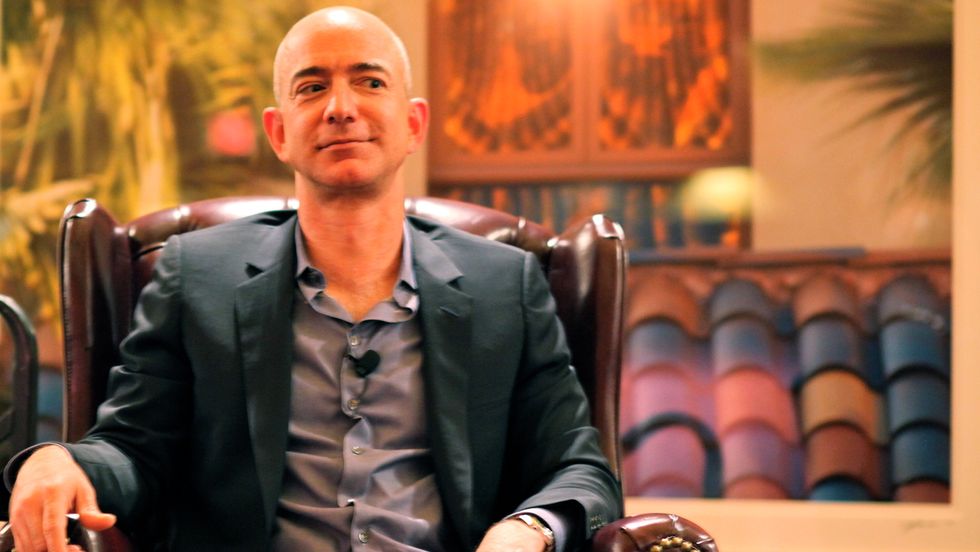This past week, Andrew Ross Sorkin reported in the New York Times that CEOs are not confident in the market, despite what they will tell the press. He cites depressed merger and acquisition activity as a signal that corporate chieftains are "nervous" about the future and notes that mergers have "fallen off a cliff" since Trump became President.
Two days after this article was published, Amazon announced their plans to buy Whole Foods Market at $13.4 billion valuation.
Although Sorkin correctly notes that M&A activity has been down this year, his idea that it is President Trump's fault is not true. The reality is that the marketplace is changing and we are in the midst of the calm before a storm of acquisition deals.
Amazon's purchase of Whole Foods Inc. is a testament that business conglomerates are back in style. Yesterday Sorkin published an article that seemed to re-think the argument he proposed last week by acknowledging that conglomerates have reappeared with a new "Silicon Valley Flair."
Unlike conglomerates built in the past, Amazon has put little attention towards profits, instead choosing to grow their market share in different areas of business. As pointed out in an article published in the Yale Law Journal by Lina M. Khan, Amazon has built an economic mouse trap that is impervious to the natural life cycle of a conglomerate.
In addition, unlike companies like Microsoft who were plagued with anti-trust lawsuits, Amazon has been impervious to such obstacles.
Although Amazon is not known as a company that goes on wild spending sprees, averaging about four acquisitions per years since 2006, there is no reason to believe that Amazon will stop at Whole Foods. With their biggest acquisition expenditure was the 2009 purchase of Zappos for roughly $1.2 billion, which makes this new deal 11 times bigger than their largest acquisition. Amazon's hike in spending is sending a clear signal of confidence to the market.
While other CEOs may be worried about President Trump's "uncertainty factor," Amazon CEO, Jeff Bezos, is unfazed. I expect this deal to send rival retailers like Wal-Mart and Costco into a frenzy. They are going to need an answer to Amazon's targets on the grocery business as well as Amazon's control of 46% of online sales. I don't see how President Trump will get in the way of this rivalry.
















